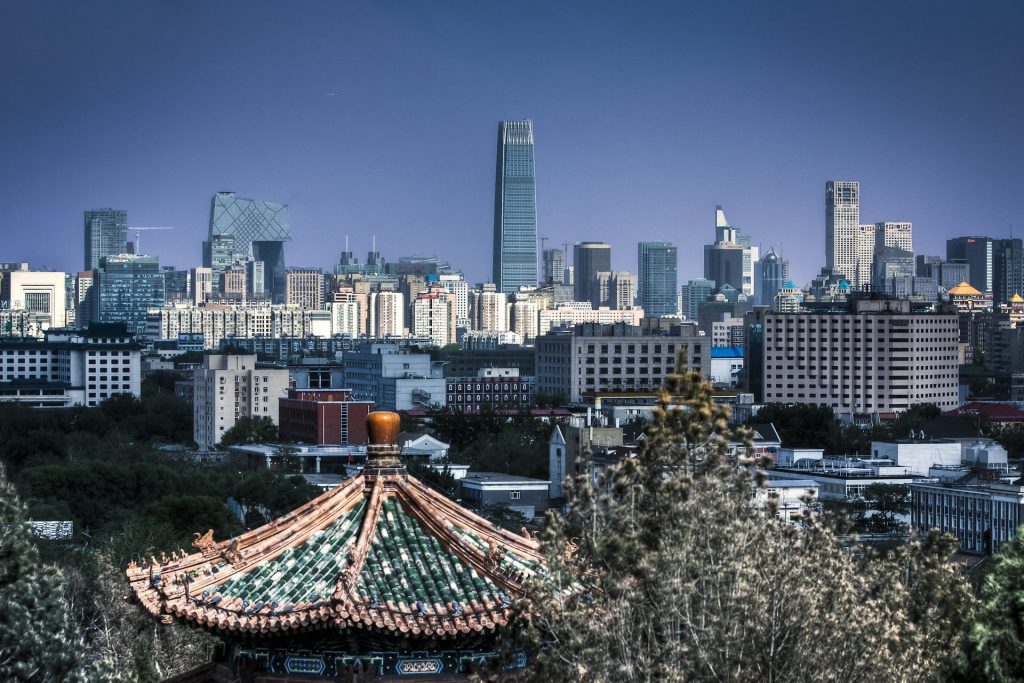China Saw a Blip in Its Hotel Recovery But Mostly Due to Supply and Demand

Skift Take
China continues to be the hotel industry’s biggest pandemic recovery success story, as companies like Marriott anticipate revenue there could be back to 2019 levels as early as next year.
While China’s hotel occupancy recovery still shows signs of occasional volatility, experts aren’t as concerned with the rare drop-off in numbers in China as in other parts of the world.
“Occupancy is not that bad considering what’s going on right now,” said Jing Yang, a professor at New York University’s Jonathan M. Tisch Center of Hospitality. “More hotels are opening up, and I do think the increase in supply does play a role in [some occupancy dips].”
Join Us Online for Skift Forum Asia - October 15, 2020
Hotel occupancy rates in China were just shy of 60 percent the week ending October 3, according to STR. That’s down more than 13 percent from the same time last year — a notable drop from the average being only about 4 percent off 2019 occupancy figures for the last 28 days, according to a Truist Securities report.
The supply explanation for the occupancy dip is that more hoteliers are confident in how China is performing that they’re finally reopening their properties from pandemic lockdowns ahead of major events like Golden Week, a national holiday running earlier this month.
The room supply in China today is about 7 percent off from 2019 levels. Roughly 35 percent of the room supply was offline during the worst of the pandemic in China, according to Truist.
While that shows more hotel owner confidence in the market, it also means there are many more open hotel rooms counting toward occupancy figures during low-demand periods like the Mid-Autumn festival, a holiday celebrated by families coming together often at the own homes and likely staying away from hotels.
“Supply and demand definitely always go hand in hand,” Yang said. “More hotels are opening up, and we see almost close to 95 percent of hotels were reopened before the Golden Week.”
The timing of Golden Week 2020 coincided with the Mid-Autumn Festival, which was celebrated later than last year and also the first night of the national holiday. Heavier travel was expected later in Golden Week once the Mid-Autumn Festival concluded, Yang added.
That holiday shift is also why China hotel occupancy had a rare moment of year-over-year growth last month. Analysts emphasize seasonality and holiday timing are a key factor in some of the occupancy dips or sharp accelerations in China’s path to a full recovery.
“[Year-over-year] is not only tricky with Covid-19, it’s also with big seasonality movements around the world and in China,” said Jesper Palmqvist, Asia Pacific area director at STR. “Like [the] Mid-Autumn festival shifting two weeks this year, [it] created a big jump a few weeks ago.”
While finalized hotel data for the week isn't public yet, early tourist spending data shows Golden Week 2020 was still a success even if it overlapped with another holiday. Duty-free sales in the leisure Hainan Province were up nearly 150 percent from 2019, CNBC reports.
China is still pacing significantly better than other parts of the world like the U.S. in terms of a hotel recovery. While revenue per room in China was down 20 percent earlier this month, it was still down more than 48 percent in the U.S.
“A full recovery [in China], at least for certain segments of the market, will only happen once borders reopen,” said Robin Wattinger, head of Asia at PKF Hotelexperts. “This should also be seen against the backdrop of a general oversupply in the market that has been building up for many years,”
While China’s travel economy continues to outperform the world due to its containing the virus and a strong domestic travel base, it still faces occupancy issues in bigger cities due to so much of the supply targeting foreign travelers.
“High-end international hotels with large [convention] facilities, particularly in the tier-1 cities (Beijing, Shanghai, Guangzhou and Shenzhen), will continue to face challenges while modern hotels in the mid- to upper-midscale segment geared towards the domestic market — particularly in leisure destinations — are expected to perform very well,” Wattinger said. “Given international tensions as well as Xi Jinping’s ‘dual circulation’ policy aiming to boost domestic consumption, this trend may continue well beyond the Covid crisis.”




